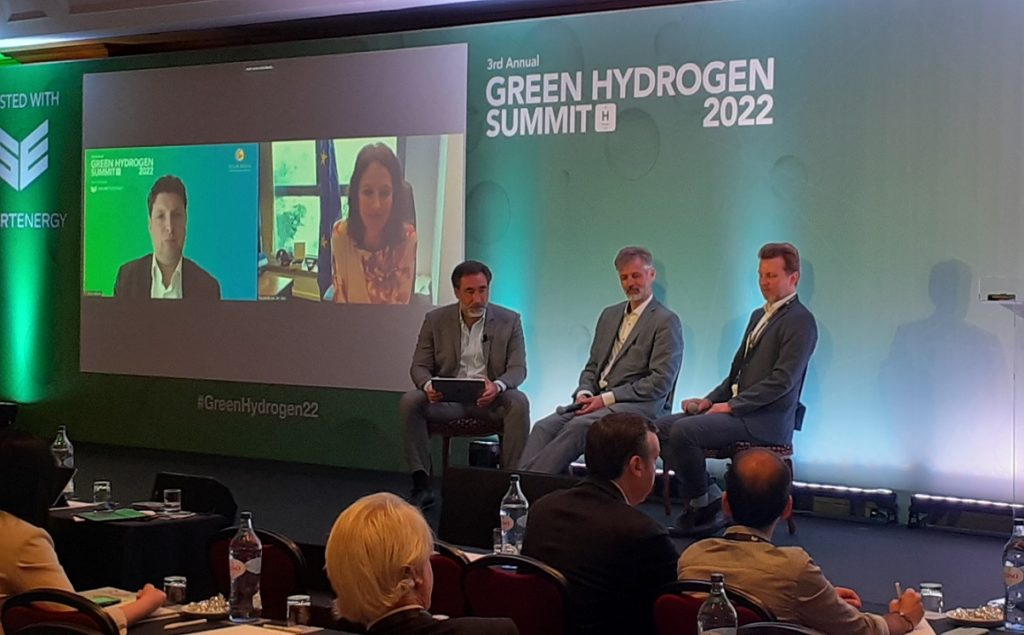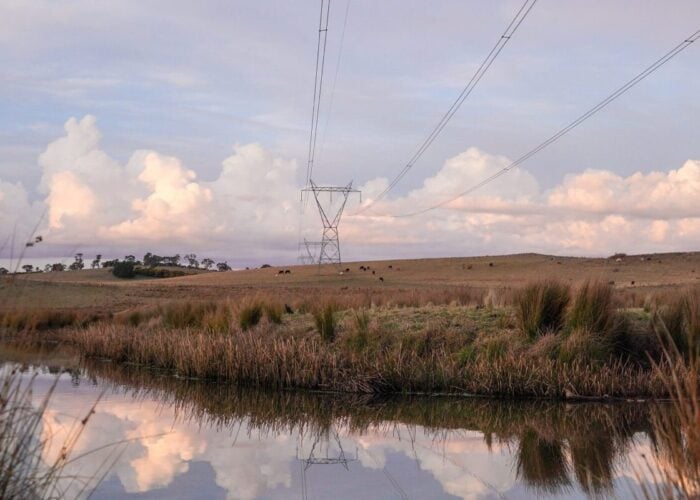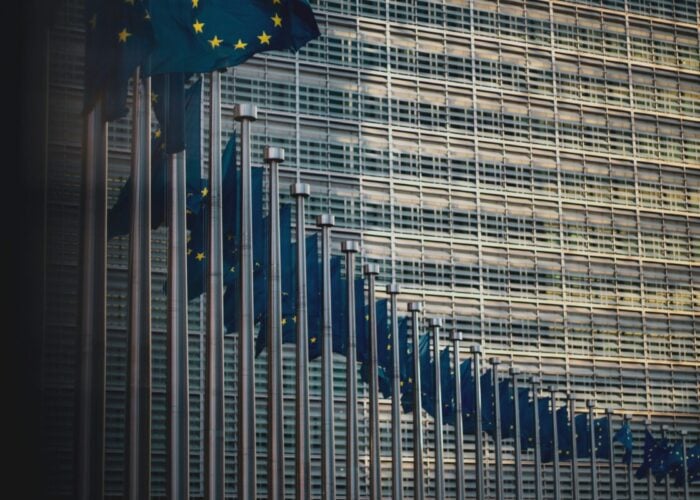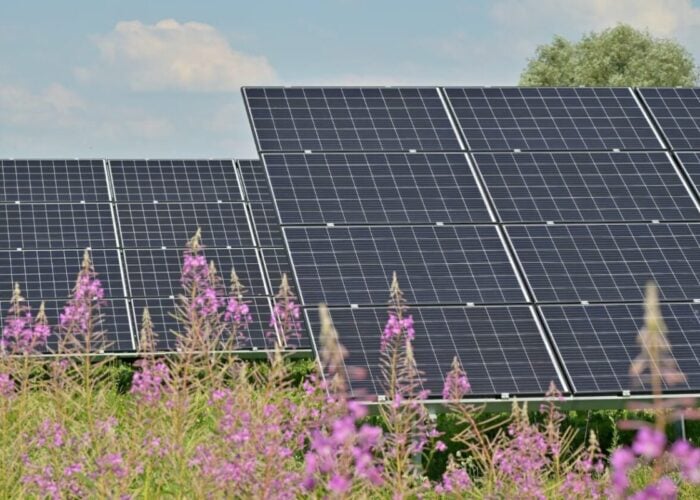
Europe has established a leading position across the green hydrogen value chain but now must accelerate investments to build out infrastructure while committing green hydrogen targets to legislation.
That was the main takeaway from a panel discussion at today’s Green Hydrogen Summit 2022, hosted by PV Tech publisher Solar Media, as industry stakeholders called for a common strategic vision across the European Union (EU) as the bloc aims to reach 40GW of renewable hydrogen electrolysers by 2030.
Try Premium for just $1
- Full premium access for the first month at only $1
- Converts to an annual rate after 30 days unless cancelled
- Cancel anytime during the trial period
Premium Benefits
- Expert industry analysis and interviews
- Digital access to PV Tech Power journal
- Exclusive event discounts
Or get the full Premium subscription right away
Or continue reading this article for free
As a result of research and innovation investments in hydrogen made by both the EU and at the national level, the bloc is “now a world leader when it comes to electrolyser technologies”, Rosalinde van der Vlies, director of the European Commission’s Clean Planet Directorate, said at the event in Lisbon, Portugal.
“Thanks to the investments we have been making already, we are already in pole position to be a world leader also across all the hydrogen value chain elements.”
A proposal to quadruple the EU’s green hydrogen targets by 2030 has been included in its REPowerEU strategy, a draft of which is set to be published tomorrow.
Aimed at reducing EU demand for Russian gas by two-thirds by the end of this year, REPowerEU highlights the importance of decarbonising industry by accelerating the switch to electrification and renewable hydrogen.
“I think we are very united as a European Union to make sure that we want to have affordable, secure and sustainable energy, that we want to reduce our dependency from Russian fossil fuels as fast as possible. And of course, hydrogen will play a major role in this REPowerEU action plan,” van der Vlies said.
When the REPowerEU strategy was announced in March, the European Commission said it will further develop the regulatory framework to promote a European market for hydrogen and support the development of an integrated gas and hydrogen infrastructure, hydrogen storage facilities and port infrastructure.
According to van der Vlies, it will be necessary to ensure that the regulatory framework will be fit to support the market and the different colours of hydrogen.
She said that as part of a hydrogen accelerator included in the REPowerEU strategy, the commission will be looking into issues such as port infrastructure “in order to make sure that we can meet our ambition of boosting the production in the EU locally, but also making sure that we will import hydrogen inside European Union from abroad”.
Given Europe’s green hydrogen import ambitions, there should be a “rapid expansion” in the buildout of equipment that will be needed to deal with those imports, said James Watson, secretary general of gas industry group Eurogas.
He pointed to current bottlenecks facing electricity grids across Europe: “We basically need to make sure we are not going to fall into a similar problem with hydrogen because we need to build not just the hydrogen itself… we also have to build the infrastructure, we need to start now.”
While Eurogas is pleased that REPowerEU includes a target of boosting EU hydrogen production and imports to 20 million tonnes by 2030, such ambitions should be included in a legal framework, Watson said.
“The reality for us is that if you don’t have those targets in legislation, they will not be achieved. And the reality is that EUPowerEU is a communication, it is an opinion, it is a set of ideas,” he said, adding “we need to see the European Commission pushing those targets that they’ve talked about in RePowerEU into the Renewable Energy Directive.”






